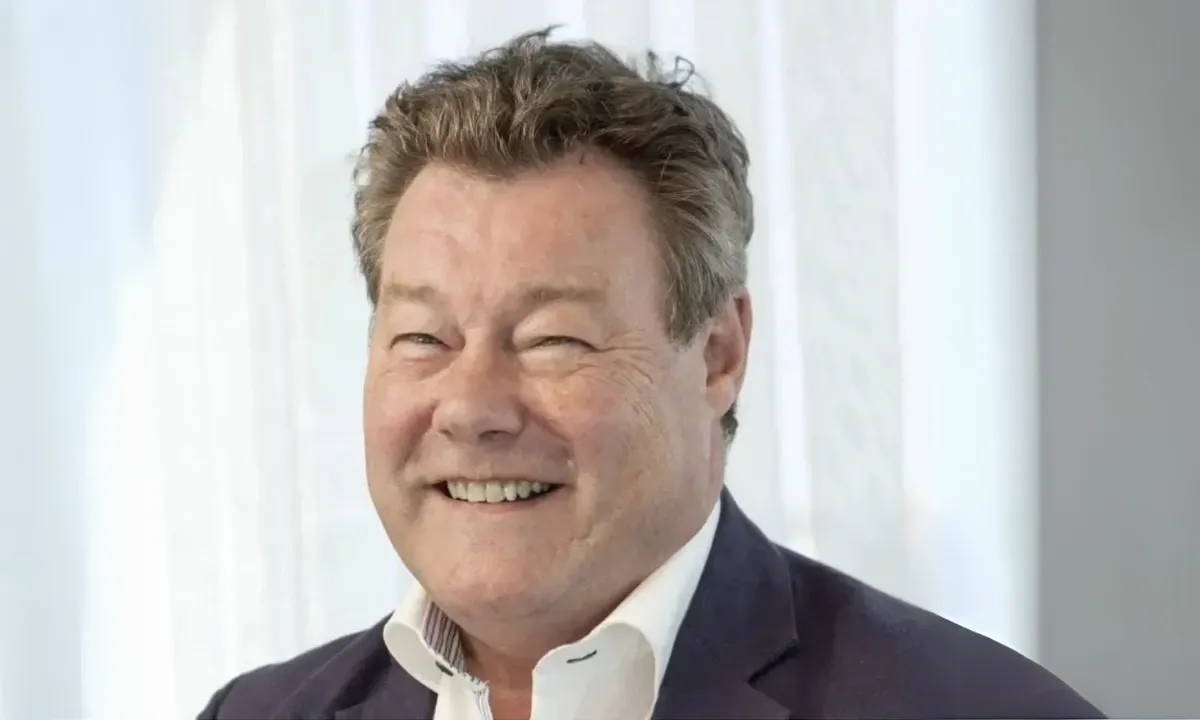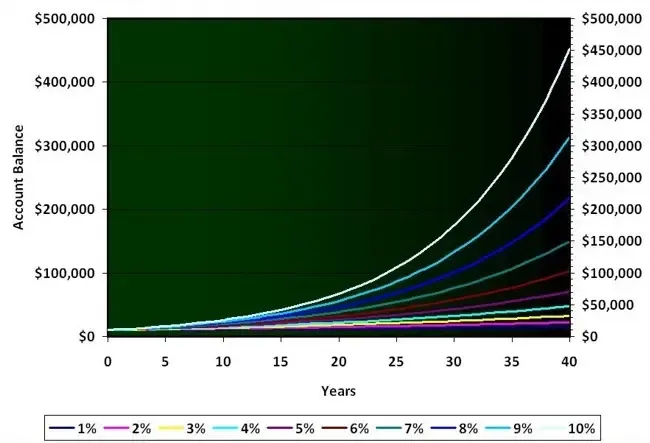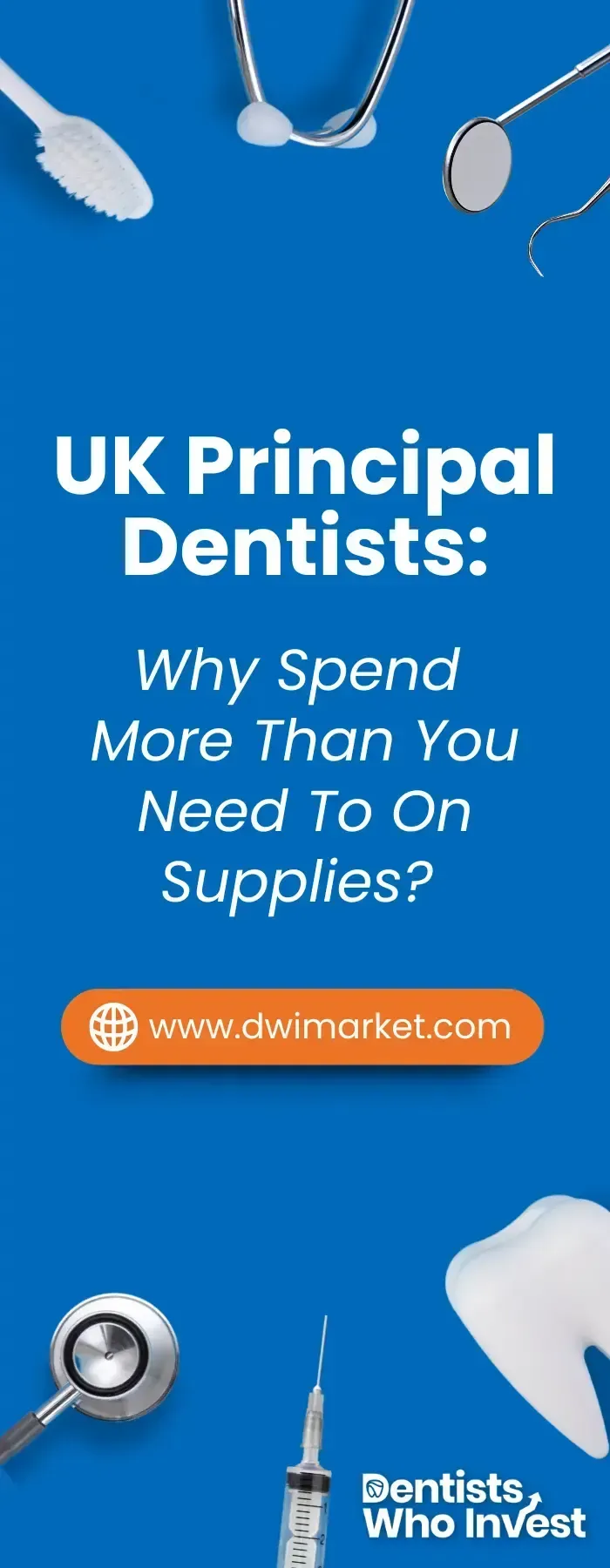
On 8 July, the government announced new proposed changes to the NHS Dental Contract. These changes will follow a six-week consultation process, which will close on 19 August. This is part of the government’s Plan for Change and, specifically, the recently announced 10-Year Health Plan for improvements in the NHS.
This is not a long consideration time – the Department of Health is determined to be seen to be pushing things along. In some ways, the sense of urgency is a good thing, although some have expressed concern that there is not enough time to fully think through the potential outcomes of the Consultation. Of particular concern are the inevitable unintended consequences and the subsequent reactions of clinicians to them. The Contract has needed reforming for years, but that does not make the process any less complex.
The stated intention is to achieve the reform through ‘changes to financial incentives and improved system oversight’, which are two quite distinct things. They will start to come into force from the 2026-27 financial year, less than one year away. Not all changes will be brought in immediately, but, as in any change plan, an end goal should be visible.
What are the proposed changes?
Under the plan, there will be a compulsory tie-in to the NHS for newly qualified dentists, requiring them to practise in the NHS for a minimum period. This is expected to be set at three years. The level of NHS work they need to do in proportion to any private work they might also take on is not yet clear.
The intention is also to encourage dental care professionals such as hygienists, therapists, and nurses to work to the ‘top of their clinical potential’ – so ‘upskilling the workforce’. The intention is for this to begin in 2026.
This concept of the whole dental team working at the top of their capability is not a new idea and many successful practices – both NHS and private – already use this model. What is new is that the Department of Health is starting to look at moving the boundaries to expand possibilities, such as the suggestion for dental nurses to administer fluoride varnish to children between check-ups, freeing up dentists’ time.
This responsibility shift is something which could help improve staff retention, by allowing the team to work to their highest potential and encouraging career progression.
There are government plans for a Neighbourhood Health Service that would bring multiple healthcare services under one local community team – including dental care. This service would offer less technically demanding care to patients, such as check-ups, basic treatments and oral health advice delivered in general clinics, with referrals to dentists for anything beyond the scope of the clinicians present. The idea is to reduce the amount of low-value activity performed by dentists, freeing them for higher-value treatments.
It will be interesting to see the reaction of those practices who have a reasonable proportion of Band 1 treatments through the chair –patients who will now have an alternative offer – and what effect this will have on the Goodwill values of such a dental practice.
There are also proposals for new approaches to payments receivable by clinicians:
For patients with at least five teeth with caries and/or significant gum disease (‘higher or more complex needs’) there will be extra fees paid, on a standard scale, lasting over a set period of treatment time. There is also a suggestion that related lab treatments will also be paid for where clinically required.
Fissure sealant application, which currently only attracts a Band 1 payment, will now be upgraded to Band 2 – worth three or five UDAs depending on the number of teeth treated. The Department's view is that this treatment, a positive one for oral health, is currently underused because the payment is a major disincentive compared to its cost.
They are also proposing a new sub-band for dentures. This will target modifications where a full replacement is not necessary, or repair or relining. This sub-band would add a further two UDAs to the existing Band 2 treatment claim.
Dental practices will be required to provide unscheduled care for patients experiencing ‘painful oral health issues such as infections, abscesses, or cracked or broken teeth’. Each course of unscheduled care delivered will attract a nationally set payment of £70, irrespective of the practice UDA rate.
As mentioned earlier, the proposed changes would also introduce a new course of treatment to enable fluoride varnish application in children without a full dental examination. Currently, there is a requirement for an accompanying check-up for fluoride varnish. This would make the administration of the treatment much more accessible and flexible.
We will see an increase in ‘quality improvement activities’ under the including structured audits and peer review. These could include improving the quality of recall interval decisions, the quality of care for children and the quality of periodontal care. The implementation of these improvement activities would be based around nationally determined topics based on reviews of nationally provided data.
Funding for these improvements is currently set for three years, with an annual payment of £3,400 for each practice involved.
There would also be paid Principal-led appraisals for associates, therapists and hygienists who are providing clinical services to NHS patients. The payment for this time would be valued at six UDAs per eligible individual.
Also included in the Consultation is the intention to create an NHS model contract for dental associates between the Associate and Principal. Individuals would be free to negotiate terms with their employer, but a minimum standard would be in place. It is not clear what this standard might be, nor what aspects of the contract terms it would include. In particular, we do not know whether the model contract would stop at behavioural terms or reach into the realms of financial and clinical control that affect tax status. There are hints that the government wishes to get involved in this arena, which would be a huge issue. Bringing forward the employed/self-employed argument again would cause uncertainty – the last thing any business needs.
The government has described its consultation as leading to ‘a bold overhaul, not minor adjustments, that makes NHS dentistry sustainable, equitable, and focused on improving patient outcomes.’ There are certainly some changes, and more to come, but so far, nothing fundamentally different from the current payment through the UDA concept. Qualitatively, however, there is a discernible shift towards a more controlled delivery of oral care, away from the hands of business owners, both in the services they provide and how they are delivered.
Johnny Minford is Commercial and Development Director at DJH Specialist Dental Accountants and has worked with dentists throughout his career. He is Chair of the Membership Committee for NASDAL and Chairman of the Association of Specialist Providers to Dentists (ASPD)
Enter your details above to receive a link you can use to download your FREE pdf
Read More

Here's What New Associates Need To Know

What Is Your Definition Of Retirement?

How Often Do You Look Back On Your Life And Think “I Wish That I Knew Than What I Know Now?”

Can I Invest In My ISA For Passive Income?

The Role Of Luck In Investing



